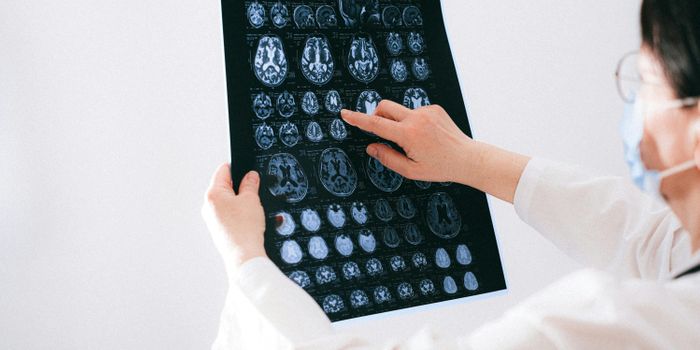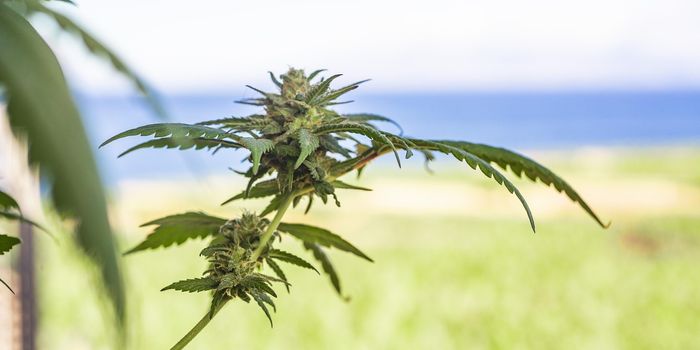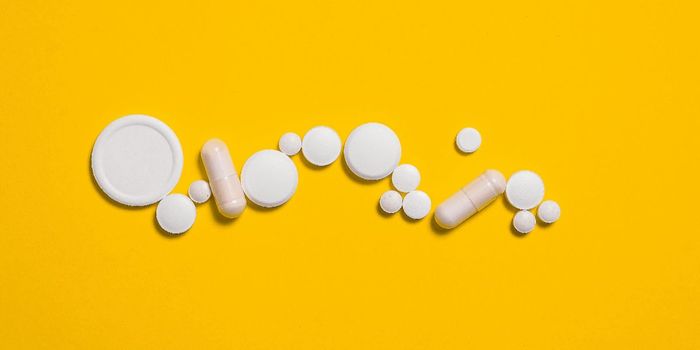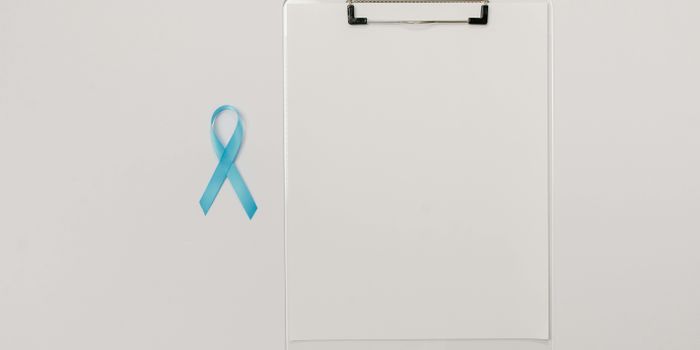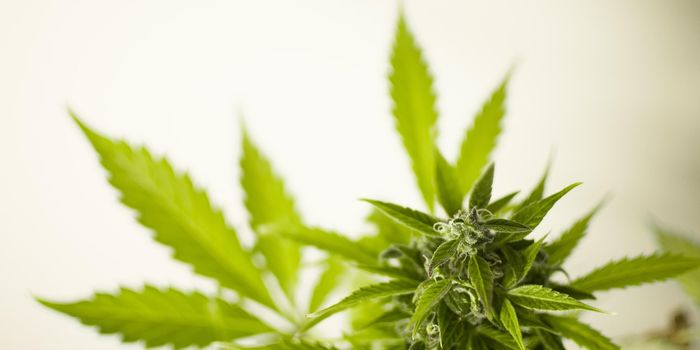Are COVID-19 Antibody Tests a Back-to-Work Pass?
Although treatments and vaccines against COVID-19 may still be months away, antibody tests are becoming more widespread. Already, over 70 developers have contacted the FDA to let them know that they have such tests available. Does this mean that they may be used as a pass to allow people to go back to work?
On April 10th, the National Institutes of Health announced that it would test 10,000 healthy people around the US for the presence of antibodies in their blood. Dr Anthong S. Fauci, a lead member of the Trump Administration’s White House Coronavirus Task Force said, “As we get to the point of considering opening the country...it is very important to understand how much that virus has penetrated society.”
Depending on the success of the antibody tests, he also mentioned the idea of issuing a ‘certificate of immunity’ to people who were previously infected. But would these certificates really be enough to allow people to go back to work?
Antibody tests work by detecting antibodies in the blood specific to a certain disease. If these antibodies appear in a person’s blood, it’s likely that they already developed an immune response to a certain pathogen. Not only has this person likely already had the disease, but they likely will be able to use the same antibodies again to defend against it.
Although antibody tests could theoretically be used to allow citizens back to work, there are some issues around their functionality. To begin, some people who may have already had the virus and had mild or no symptoms may have not developed sufficient antibodies to prevent re-infection. Moreover, people who test positive for antibodies may still be infectious.
Antibody tests already used in the UK have been plagued by false results. False positives may be particularly dangerous as they may falsely claim someone to be immune from the virus when in fact, they are at risk.
Thus, before COVID-19 antibody tests may be properly considered as a route for people to return to work, further research is needed to confirm their efficacy. Until then, working from home and social distancing are still recommended, regardless of whether or not you think you have had the virus.
Sources: NIH, NYTimes, Japan Times


